|
Tony came to AFC’s programs, like many, after a series of bad breaks. His long-term rental in Aptos ended after the landlord’s family decided they wanted the property for personal use, despite Tony’s hard work in keeping up the property and caring for his aging landlord. This wasn’t the first time Tony had fallen on hard times, and he had developed a resiliency that would see him through.
Growing up in Brooklyn, Tony found himself in trouble as a young adult. A series of crimes and ongoing substance use made him realize he needed to make a change. He moved across the county to California to get a fresh start, living with family and entering substance use treatment. After a couple of tries, he got clean, and began building his new life. He found well-paying work and started a family. Life was trending in the right direction. He maintained his sobriety for 11 years, until an accident at work. While working as a window installer, he broke his back. At the time, doctors were overprescribing opiates, so he was given powerful narcotics while his back healed. The prescription drugs led him to relapse, and eventually lose his job. His life began to spiral. His wife had also relapsed, and their relationship fractured. At a low point, the drug use and relational conflict landed him back in jail. When he got out, he was determined to rebuild his life again. After bouncing around between family members, he made the move to Santa Cruz, where he lived with a friend and found work. He began washing dishes at a local bakery. When the owners saw his work ethic, they quickly promoted him to baker. Office neighbors also saw how hard he worked, and soon offered him jobs as well. After living in an RV for a short period, he was awarded a housing voucher, which would allow him to move into permanent housing. His housing search was long, but ended when he visited a property in Aptos. When he arrived for a walkthrough, the landlord was in the middle of repairs. Tony shared the ways in which he could help, and he was approved on the spot. Over time, he and the landlord became good friends. They shared meals together, and, as the landlord aged, Tony began helping him with day-to-day activities. Tony recalls the impact that time had on him. “[The landlord] trusted me, a criminal from New York, so much. I didn’t want to disappoint him.” Tony didn’t. He lived up to expectations, and proved to be a faithful friend and caregiver. Unfortunately, his landlord’s family didn’t share that trust, and when they saw the arrangement, they kicked Tony out of the rental, saying they were going to use it personally. This led Tony to AFC. He initially found himself sleeping in his vehicle, and entered Safe Spaces, our safe parking program. Once a shelter bed opened up, he joined the Faith Community Shelter. He remembers feeling like the odd one out at first, but he quickly settled in. “I saw everyone respect each other,” he recalls. That mutual respect put him at ease. Tony brought his work ethic into the shelter, going above and beyond to care for the congregations that hosted. He also brought that work ethic to his housing search. With the help of staff and a local housing advocate, he applied to dozens of rentals. While the process was taxing, he remembers how helpful shelter staff was. “No one ever gave up. They just kept looking. They just kept encouraging me.” Eventually, Tony’s hard work paid off. In a meeting with shelter staff, they called a rental in Pacific Grove, just blocks from the ocean. The unit was still available, and they put in an application right away. Tony advocated for himself with the property managers, sharing how reliable and hardworking he was. After a few tense days of waiting, his application was approved. After receiving deposit assistance from Santa Cruz County, he was able to move in. The move allowed him to be reunited with his son, a Marine veteran, who moved in with him, along with the family dog, Athena. Not surprisingly, the neighbors and the property managers grew to quickly appreciate Tony’s friendly and helpful demeanor. While life isn’t perfect, it’s once again stable for Tony, thanks to a little support from others, and his own hard won resiliency. When Travis first came to the Faith Community Shelter, he was more than a little hesitant. Although he had spent the last 20 years in Santa Cruz County without permanent housing, he had never been in a local shelter, and had no desire to be. He imagined a crowded space, filled with substance use and interpersonal drama. The idea of a shelter in his head was so off-putting, he turned down a spot in AFC’s shelter initially. After some nudging from staff and volunteers, and a lack of safe sleeping options, he joined.
While the shelter wasn’t perfect, what he found surprised him. It was more welcoming and friendly than he expected, with a generally supportive group of people. He had more personal space than expected, and found the shelter’s relatively small size much easier to handle. Travis’ journey to enter the shelter was a long one. After growing up in Maine, he landed in Boston as a young adult. When he arrived, he worked odd jobs and retail, trying to piece together enough to get by. He would couch surf, live with girlfriends, and, when needed, sleep outside. This already challenging life was about to get more difficult, as he had his first severe epileptic seizure. The seizure and subsequent fall landed him in the hospital, requiring reconstructive surgery on his jaw and arm. After two years in Boston, he knew he needed a change. As he surveyed his options, some friends from Food Not Bombs in Boston recommended trying California. They thought he’d connect with the laid-back lifestyle and hippie culture, so he gave it a go. He first landed in Humboldt County, but eventually made his way down to Santa Cruz County. By the time he arrived, he was receiving regular SSDI payments for his epilepsy, and had a steady girlfriend. Together, they were able to afford a rental in Brookdale and begin building a life together. Things initially went well, but, as Travis acknowledged, he began to unravel. Lack of mail access in Brookdale caused a mix up in his SSDI, which caused it to lapse. He began relying more heavily on alcohol. His relationship became stressed, and his choices became worse. After four and half years in Brookdale, he lost his relationship and his housing. For the next 20 years, Travis went without permanent housing. He worked hard, picking up odd jobs and helping Food Not Bombs, but could never afford a place of his own. He’d piece together temporary places to stay, and when those ran out, he’d get together his camping gear and sleep outside. When the winter storms of 2023 hit, life outside became untenable. He squatted in a storage shed to escape the rain, but was soon kicked out and back in the elements, which led him to the Faith Community Shelter. Despite his hesitance, the shelter proved to be a much-needed reprieve. He remembers everything felt so much easier than sleeping outside. He had good meals, a clean mat, and the space to focus on his health and housing. The timing turned out to be ideal. After a few months in the shelter, his name came up on the Section 8 waitlist, which would allow him a rental subsidy if he could find an apartment locally. While staff was thrilled, Travis was skeptical at first. His name had come up on the waitlist twice before, and he could never find a rental before the voucher expired. Fortunately, this time proved different. Staff gave him options to explore, and he found a renewed motivation to make use of the voucher. At one point, he went up and down Pacific Avenue, talking to every leasing office that was open. When he came to the Palomar Inn, which has housed several FCS participants, he took an application, filled it out, and had AFC staff review it and help with the application fee. After he turned it in, several of the building’s residents stopped by the leasing office to put in a good word for him. Within a few weeks, he was approved and moving in. There’s always an adjustment period when someone is rehoused after years, but Travis is doing remarkably well settling in this next phase of life. He’s reapplying for Social Security, and receiving temporary financial assistance from the county. He used it to treat himself to a new coffee maker. Now, each morning, he makes himself a nice cup of coffee, sits in his recliner, and watches the sunrise over the boardwalk from his apartment window. On the table nearby, he has a few of AFC’s business cards, just in case he runs into someone who needs help getting back on their feet. When Linda arrived in Santa Cruz in Spring 2023, her life had taken a turn she never expected. The apartment she had in northern California was riddled with toxic black mold. Her landlord refused to remediate the mold, despite its caustic effect on her health. She began experiencing vertigo, and eventually had a stroke and a fall that broke her back.
To fully recover, she knew she couldn’t stay in the apartment. Despite her vigorous cleaning attempts, the mold was spreading to her furniture and clothes. She made the tough choice to leave all of her things behind, holding on to only her car a few belongings. Around the same time, her son was in Santa Cruz receiving treatment for substance issues. Despite how overwhelming her situation was, she had clarity about next steps. “I knew my son needed my support. I was willing to go through anything,” she reflected. She packed the few belongings she had and came to Santa Cruz, content to sleep in her car if needed. Initially, she came in confident. “I’ve been a camper all my life,” she remembers thinking. She quickly found the adjustment more difficult than expected. Her recent lumbar break caused nerve damage, and the stroke had slowed her cognitive processing. One of the most difficult experiences was the powerlessness she felt. Before retiring, Linda was an accomplished, well educated professional. She spent years overseeing social work programs in Minnesota and neighboring states, focusing on training to prevent sexual misconduct in the workplace. The advocacy group she worked for was so effective, they were featured in the 2005 film North Country. “I had the power in my career to get everyone together. I was able to coordinate the team. Say here’s the problem.” Experiencing homelessness in Santa Cruz felt like the opposite. She remembers thinking, “Who am I anymore?” What she wanted most from locals was empathy, not just for her, but for all of our unhoused neighbors. “In the process you need to see yourself too. That makes hard hearts soften.” As she struggled to regain not just housing, but her sense of confidence and belonging, she joined AFC’s Safe Spaces program. While the program didn’t instantly solve her problems, it gave her a sense of stability and safety. She gives much of the credit to Victoria Verdugo, Safe Space’s Case Manager. “If I hadn’t seen Victoria every week, I would’ve failed completely,” she reflected through tears. “Victoria could handle my emotions…There was a sense of respect and communication. It was all wonderful.” With the support of Victoria and other local agencies, Linda began her housing search. She came to town with a Section 8 voucher, which would subsidize her rent, but the housing search was daunting. She woke up every day and immediately checked every rental listing she could find, sending Victoria the ones she found promising. Even with Victoria’s support, the ups and downs of her housing search began to take their toll. She was growing frustrated and tired. “I woke up one morning desperate, and prayed to God for mercy.” Despite the fatigue, she checked the rental listings that morning, and came across a small unit in the redwoods. At first, it didn’t seem like a good fit, so she moved on in her search. Over the next few days, she continued to get notifications for the listing, and eventually felt like she should check it out. She remembers arriving to the showing. “I got out of the car, and thought ‘wow!’” The setting was beautiful, and the landlords were kind and accommodating. While the unit wasn’t perfect, she felt like it was the right one for her. The landlords accepted her application, and she began the process of moving in. Fortunately, a program through Santa Cruz County bought her new furniture and home supplies, replacing what she lost to the toxic mold. As of late October, she’s settling in well to her new place. Most importantly to her, her son has completed treatment, secured work and housing and is doing well. “Seeing my son come to life again,” she reflected, “that was worth everything I went through.” Randy always had a creative side. As the son of a university professor in Los Altos, he was exposed to arts and culture from an early age. Over time, a passion for music began to emerge, and he started working as a touring musician, collaborating with artists who would go on to write for big name pop stars. Music became his life, and he poured everything into it. He found belonging and identity in his community of like-minded musicians. While he was thriving in this environment, his life eventually derailed because of substance abuse. With time, he began taking his recovery seriously, and started rebuilding his life. Along the way he met his partner Sophie, who was also in recovery. They anchored one another, strengthening their sobriety. Randy’s world fell apart again when Sophie tragically died. It sent him into both emotional and economic turmoil. He reflected on the time recently. “I had trouble figuring out who I was. I had to figure that out while in crisis, with unstable housing.” He hit rock bottom when he ran out of resources and found himself sleeping outside. He vividly remembers his second night on the street, when a torrential storm hit. He described it as “absolutely traumatic.” This trauma led him to seek out local shelters, which led him to AFC. While things didn’t turn around overnight, he was able to stabilize. He connected with several of AFC’s volunteer cooks, some of whom he is still keeps up with. “AFC was a God given thing. It turned the most hellaciously terrible experience into something meaningful,” Randy said. Part of that meaning came through an unexpected avenue: the pandemic lockdown. Randy sheltered in place at the United Methodist Church of Santa Cruz. The church generously offered their space, even creating an art room. This room turned out to be a safe haven for him. Even though he had never painted before, he spent hours in the room putting his emotions and dreams onto canvas. It reignited his creative passion. “Once I started, that’s all I did,” he remembers. He soon found his favorite subject to paint: his dreams. He had often reflected on his dreams, but putting them in to images was transformational. Even though the images were often abstract, they reflected profoundly personal experiences for him. One of the most personal was a dream he had about Sophie, his late partner. In the dream, she comforts him with words he can’t forget, “I know how it all ends up. You’re going to love it.” Finding creative momentum led to momentum in other areas of his life, including his housing search. He began putting his name on every affordable housing waitlist he could find. With time, his hard work paid off, and he was offered a small affordable studio with just enough room to paint. Randy had a particularly meaningful milestone this past winter when he had his first art exhibit. The show took place on a First Friday at London Nelson Community Center. Hundreds of people passed through, taking in Randy’s works and hearing the stories behind them. He even sold his first painting. More than the money it brought in, the experience brought Randy a sense of pride and gratitude, putting his journey into perspective. “Doing this art exhibit was such an accomplishment,” he said. “It symbolized turning such a terrible experience into something positive. It made the world a little bit of a better place.” A few of Randy's works displayed at his show at London Nelson.
AFC is excited to welcome two new Program Managers. Cristina Gomez-Hernandez (pictured on the left) is now overseeing our Safe Spaces parking program. She comes to the position with over a decade of social services experience, managing family based programs in San Benito County. The transition comes as Fr. Joseph Jacobs, previous Safe Spaces Manager, retires (Congratulations Fr. Joseph!).
Courtney Barrett (pictured on the right) is taking over managing the Faith Community Shelter. Courtney comes with over a decade of experience working in substance rehab, having overseen large residential programs. She is moving into the role as Sam Altis. previous FCS Manager, moves into AFC’s Executive Director position. Need to reach Courtney or Cristina? You can email them at [email protected] and [email protected]. Meet Sandy, a longtime Santa Cruz resident who is 62 years old, and who became unhoused when her mom was moved into senior housing. Sandy has been living in her car on and off for over 10 years. She adopted a female rescue dog named “Missing” as an emotional support animal and companion. The two of them have been enrolled in SafeSpaces for over three years. During the “Rapid Rehousing Wave” and pandemic, Sandy did not qualify for an emergency housing voucher. She has been on the Section 8 voucher waitlist for 10 years. Her ageing motor vehicle developed problems that were too costly to repair, and the AFC SafeSpaces host site embraced her as their own.
Earlier this month something unexpected and wonderful happened. At another AFC member church, during a Sunday service homily, the preacher mentioned all the different ways we can help those who are unhoused. One of the examples they gave was of someone donating their RV to an unhoused person. A woman from the congregation named Rose was listening in on Zoom. She said “Suddenly it was like a light bulb went off over my head!” She reached out to the preacher and said she had an RV she would like to donate. The preacher emailed me (Fr. Joseph) from SafeSpaces, inquiring if we could make use of such a gift. I said “You bet!” I immediately thought of Sandy. The next day, in the rain, I was driving Sandy to meet Rose at her RV. I helped the two of them sign over the title from Rose to Sandy. This was such a lovely, grace filled moment. Sandy was speechless with tears of joy. “Now I can have my granddaughter over and we can color and do projects on this table, in my home! And Missing can lay on the bed! And I have a stove, and refrigerator, and a heater!” Grace upon grace, indeed. Later Sandy said “My life could not be any better right now, I am so grateful to you and Rose. I have a major upgrade in my life because of AFC and my family is super happy also.” As you’re reading this, maybe you know of someone (possibly yourself!) who has a motor vehicle in good condition that they’re not using. You might consider giving someone in our programs a “major upgrade” in their life. Rose was relieved not to have to worry about the low-mileage RV she was no longer using, paying to store it. She said “I feel like a huge weight has been lifted.” And she made two new friends: Sandy and Missing. Thank you, Rose! A benefit concert for The Association of Faith Communities (AFC), a local 501(c)(3) non-profit dedicated to alleviating human suffering.
The United Methodist Church of Santa Cruz is hosting a benefit concert for AFC - The Association of Faith Communities - in the First Annual Concert To End Homelessness. AFC are now in their 10th year as a local Santa Cruz nonprofit serving the unhoused, through their Faith Community Shelter program, SafeSpaces Parking program, and Shower Trailer program. Concert doors open at 6:30PM, show starts at 7:00PM and goes 'til 9:00PM, with one 20 minute intermission (with refreshments). Local musicians and singer-songwriters are donating their talents, featuring Jazz the Dog, Joe Chaplain, Madrigal & Strange, Colin Hannon, Nick Royal, Linc Russin + Special Guests! Tickets are $25 in advance, $35 at the door. Mask optional. All donations including ticket purchases are 100% tax-deductible. Jeannie came to Santa Cruz 30 years ago to study sculpture. Like many locals, she lived the artist lifestyle. She worked as a potter, a farmer and started her own jam business, living on local farms and in art studios along the way. Her jam business grew a loyal base of customers and kept her committed to the area. “Santa Cruz is one of the best places in the world to be a jam maker,” Jeannie noted. Even with the business growing, housing became increasingly tough to find. Eventually, she began living in her car, and when that became too tough, she joined the Faith Community Shelter in early 2020.
From there, she rode out pandemic in the safety of the shelter, making jam when she could. As vaccines rolled out, her partner Eric decided to move from Colorado in hopes of helping Jeannie find stable housing. He remembers his plan well. “Come out. Get a job, and get Jeannie out of the shelter. I had to get her out, and I couldn’t do it from Colorado.” He quickly found work and support through the Homeless Garden Project and began saving for their future. About that same time, the couple was awarded a housing voucher, which would allow them to rent an apartment and pay only 30% of their income. The couple, and AFC staff, began scouring rental listings. Their housing search was long, and often filled with disappointment, until one day last summer. A landlord who had a good experience with another AFC participant called shelter staff to say he had another rental available, and he'd love to rent to another shelter member. Jeannie and Eric toured the quaint duplex in the redwoods, loved it, and were approved on the spot. Within a couple of weeks, they were moved in, and Jeannie was cooking gourmet meals and making jam. While the couple’s stay at the shelter wasn’t perfect – moving everyday can be hard – one of the most impactful experiences was the hospitality of FCS volunteers. “The people were so generous. We at like kings and queens,” Eric reflected. Jeannie summed up their journey well. “I still look at Eric and say we get to go home!...It’s like a miracle. I can’t believe it’s actually happening!” Want to try Jeannie’s Jams? Visit her site: http://www.jeanniesjams.com/. Last May, we celebrated our 10th Anniversary. We took the time to look back at all we have accomplished. Each number is a story and, boy, there are a lot of stories. Here are the numbers.
Safe Spaces Program
Faith Community Shelter
Mobile Shower Trailer
SPIN
Our unhoused neighbors each have a story, as we all do, and those stories often don't fit the stereotypes in our heads. Chris K. has been in Santa Cruz for 50 years. He needed a break to get back on his feet, and he got it through SafeSpaces. Chris is a working writer and published author. He has been unhoused here since 2015. He came to AFC SafeSpaces in June, 2021. This interview with Chris was conducted by Fr. Joseph Jacobs, Program Manager for AFC SafesSpaces, at the Rodeway Inn IQV Hotel, a program that recently shut down.
Q: How long have you been unhoused in Santa Cruz County? A: For about 7 years; prior to that I had a place in LaSelva Beach for about a year, I had to move out quickly, it wasn’t safe. That’s when I started staying in my vehicle. For a while I used to find short term rentals easily. Before AirBnB, I’d rent a place for 1-3 months at a time, in between staying in my car. I just kind of “gypsied about” and found places I could furtively park my van, sleep, and leave during the day. I’m a pretty busy person, working, so I don’t hang about during the day. Q: Where were you born? A: Southern California. Q: How long have you been in Santa Cruz County? A: Since 1971, but for two years I lived in Mill Valley, while I wrote my first novel. Q: How did you hear about SafeSpaces? A: I think I found you on the internet. I had read about it in the newspaper, looked it up and called you. You got me into SafeSpaces at a church in Aptos. And then after that you got me in here [Rodeway Inn IQV Hotel program] really fast. It was a blessing. It was hard living in my van. I’ll say this much. I don’t think I would have survived a whole lot longer, and I really mean that, if it wasn’t for you and AFC. I was just exhausted, my foot was really wrecked [from a bad injury], it was hard to get around, it really wears you down. I still had some income from my writing, but it wasn’t enough to afford a place to rent and make ends meet, to pay my credit card bills every month. I was really losing energy fast and winding down. So, it was a blessing that it all showed up when it did. I don’t think I would have survived much longer. Q: Yes, I made the referral for you to the IQV hotel program, and they took you right away. A: Yes, that was amazing! I didn’t expect that. They’ve been great, I can’t say enough good about the staff here, they’ve all been superb. They’re very friendly. Colleen, the social worker who was working with me on the Section 8 voucher, she’s fantastic, wonderful, couldn’t ask for better. Q: So long have you been here at the hotel? A: Since the end of July, 2021. Q: After you were here, how long before they took your application for Section 8? A: Within a month, I had to get stuff, a copy of my birth certificate, bank statements, I finally got it all together and submitted it in January, then the Housing Authority interviewed me in February and then they called me and said “OK, you qualify, your packet will come in the mail.” Q: Yes, we’ve found that the whole thing is pretty quick, once the application is submitted with all the documentation, they turn in around quickly. A: I’m going to find a place in Watsonville as soon as possible. I don’t want to go back to my car. Now that I’ve been inside with a roof over my head for six months it would be really hard to go back to that. With ankylosing spondylitis [a form of inflammatory arthritis] you have to do a lot of physical activity, and I’ve been really disciplined about that. Every day I do three hours of physical therapy exercises, including walking barefoot for 30 minutes in moderately soft sand. It’s very therapeutic, so I want to keep fairly close to beach access for that. Q: So, you finished your second novel while you’ve been here? A: Yes, I finished the second draft while I was here, I got right to it, and I’m just doing final editing now. It was a big gift to be able to finish it here. Q: Any final words about AFC and SafeSpaces? A: I just think it’s a fantastic program, I’m so grateful to you guys. It’s a life saver, a Godsend. I think all the people that have anything to do with it have all been really great, and that makes a big difference. There’s no attitude of condescension, just all really good people, and they’re good to you. Thank God they came up with this program. It sure pulled me out of the rapids! |
Archives
May 2024
Categories |

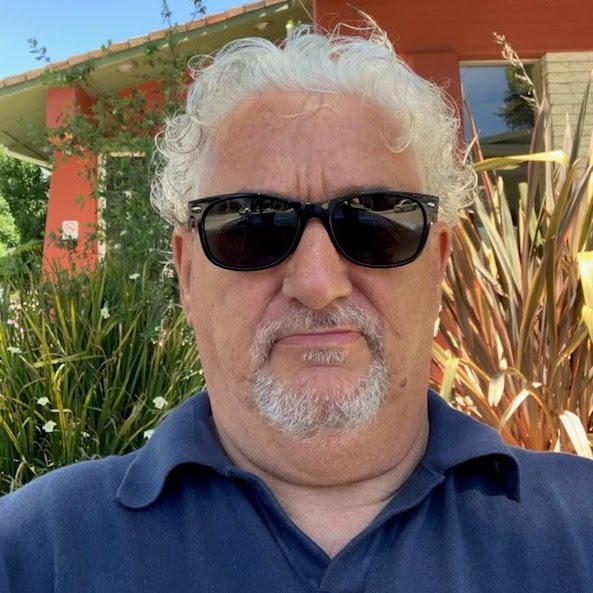
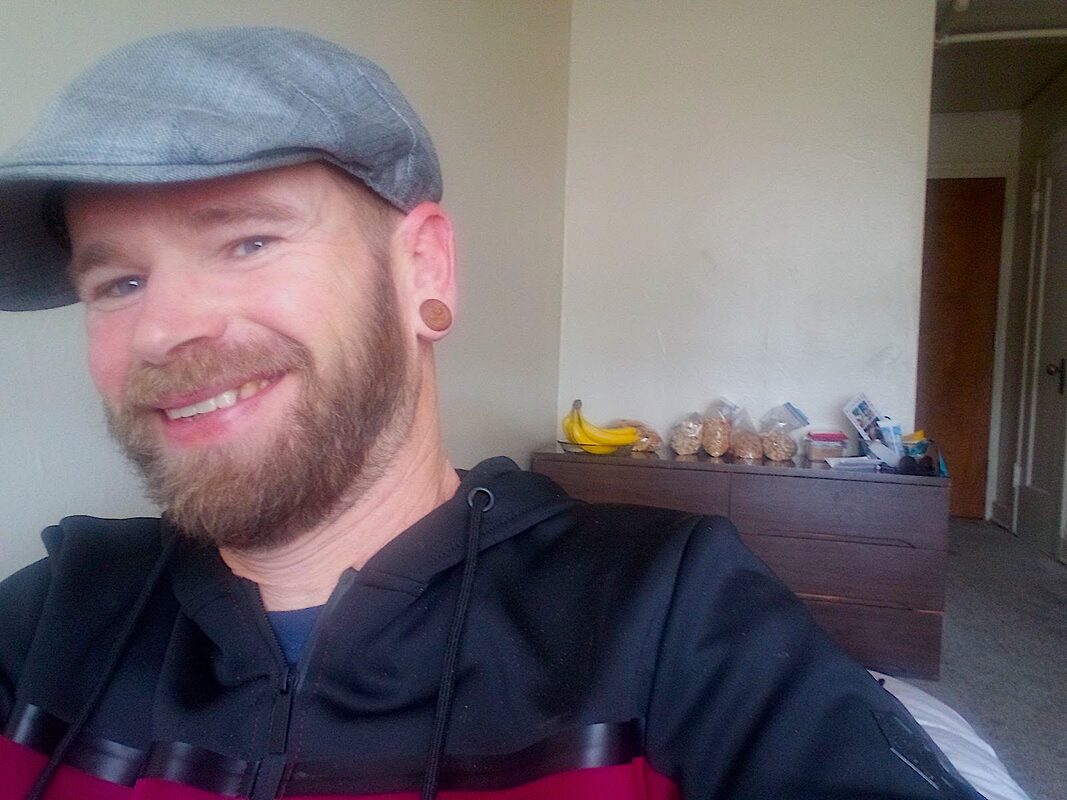
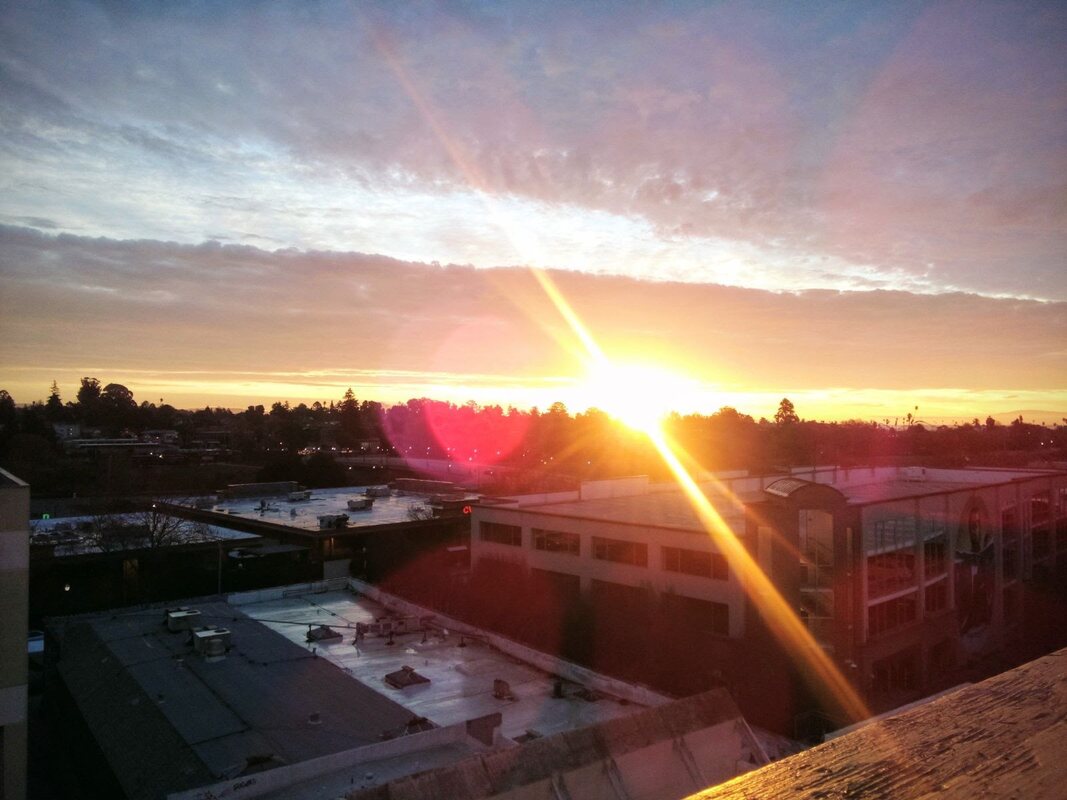
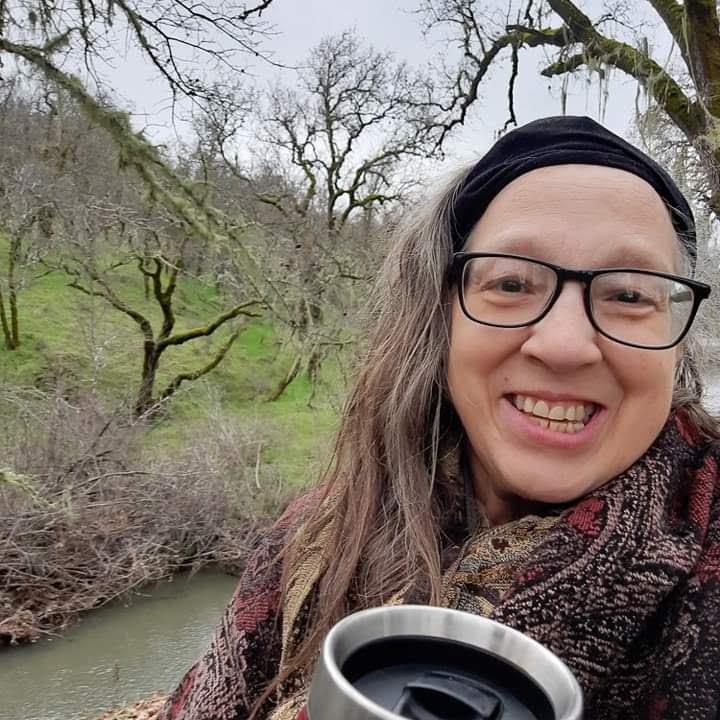
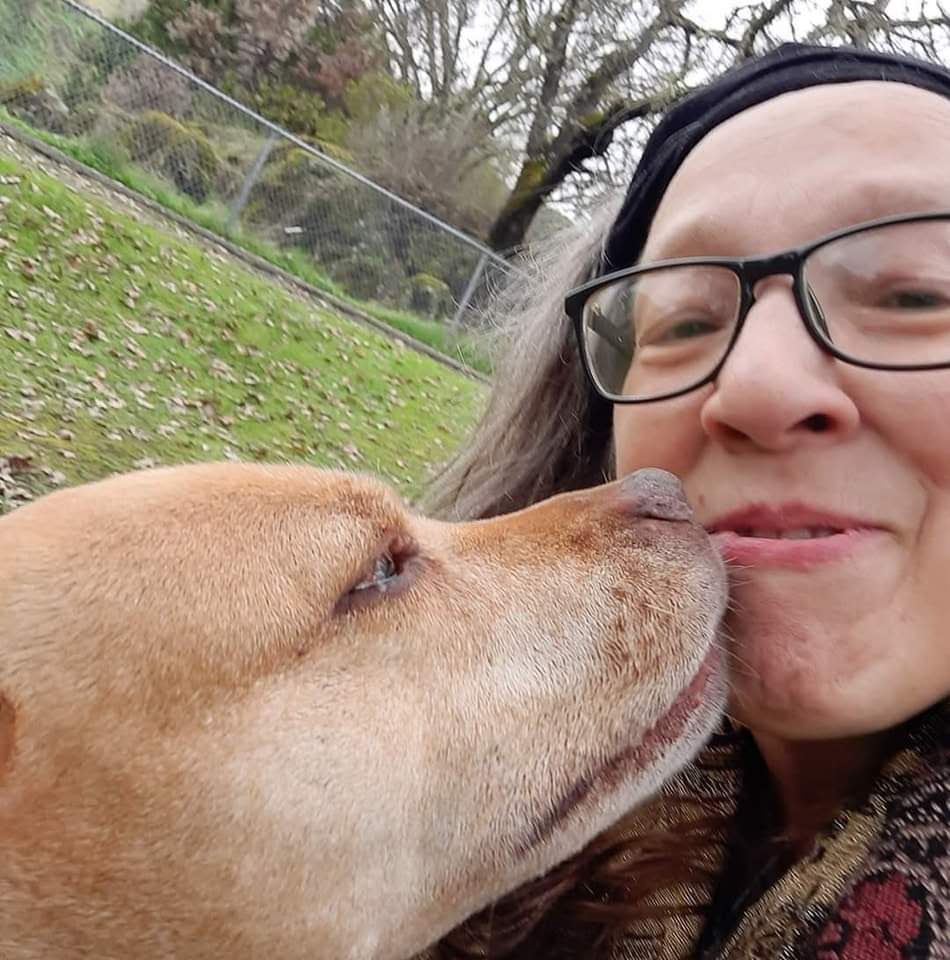
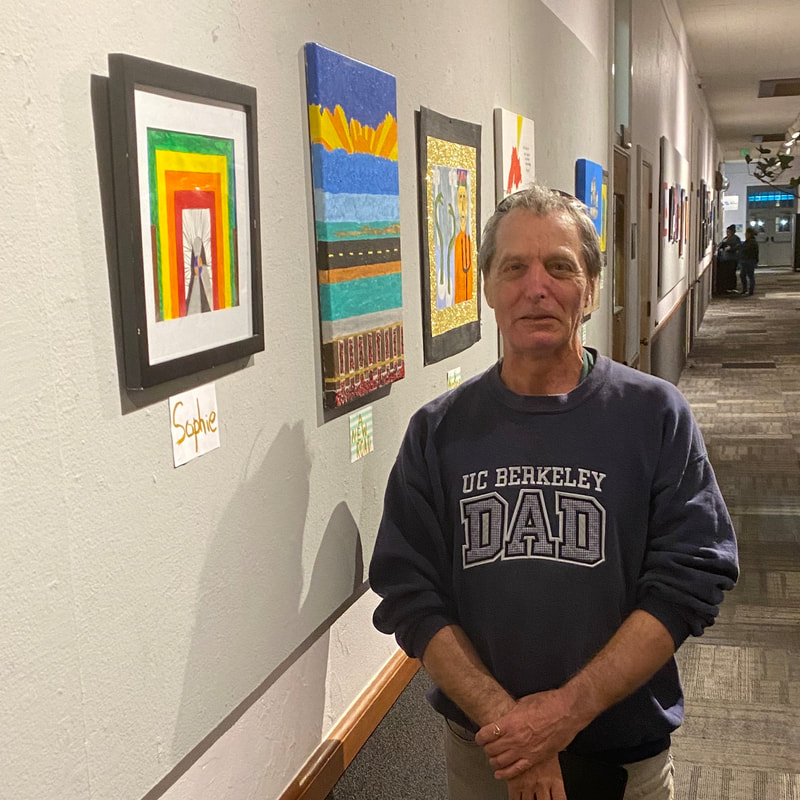
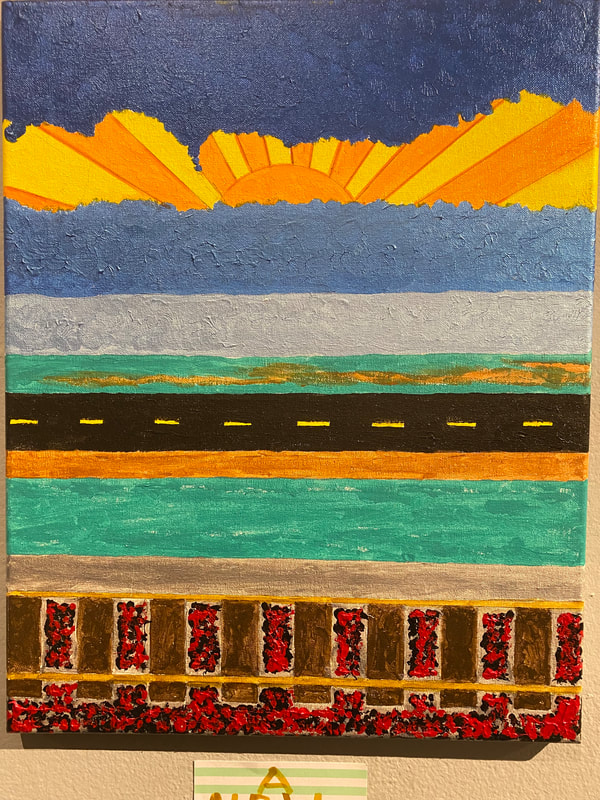

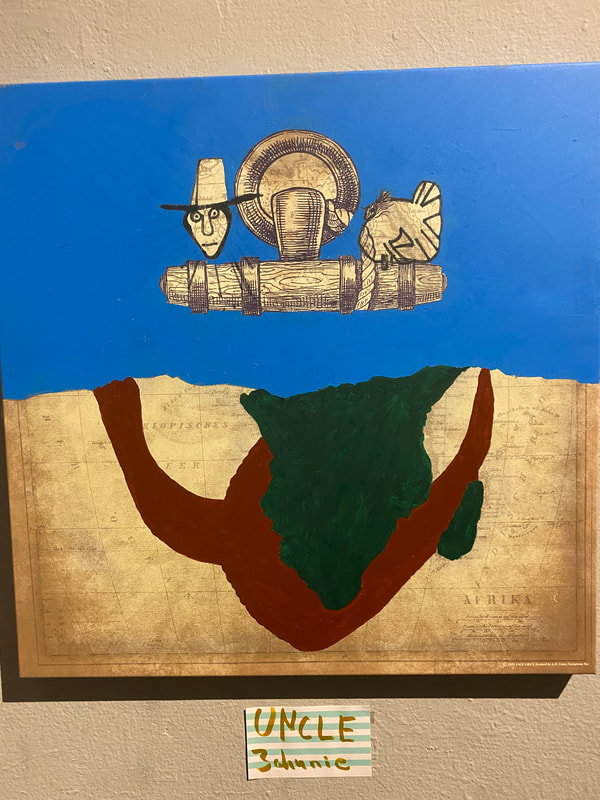
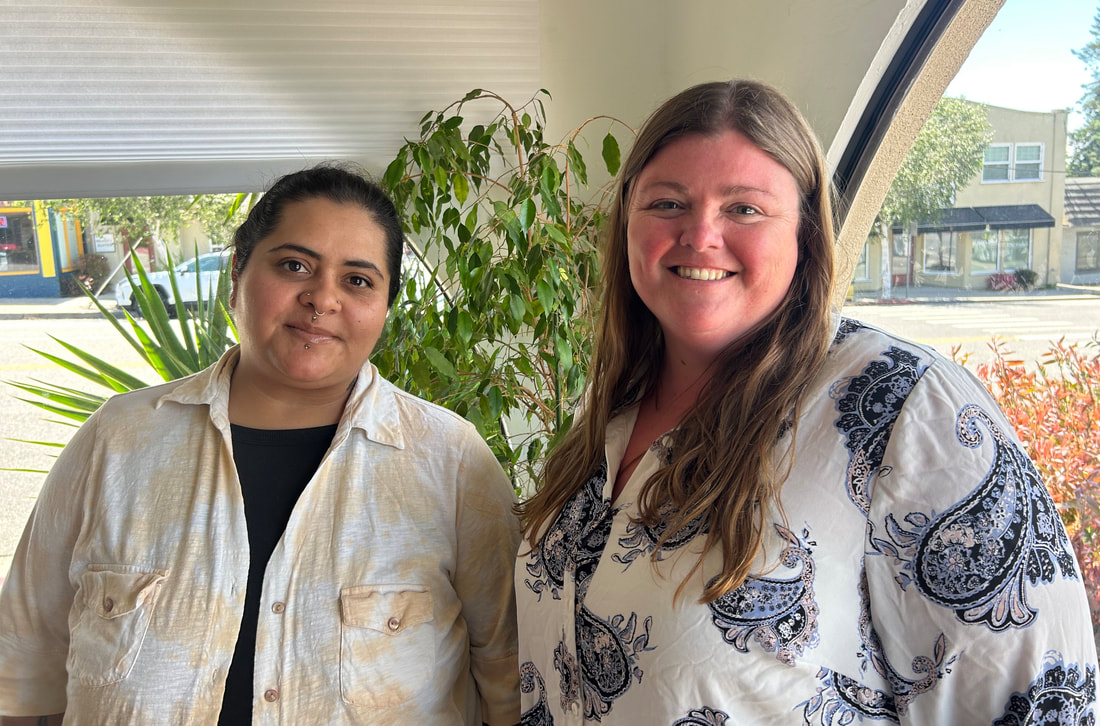
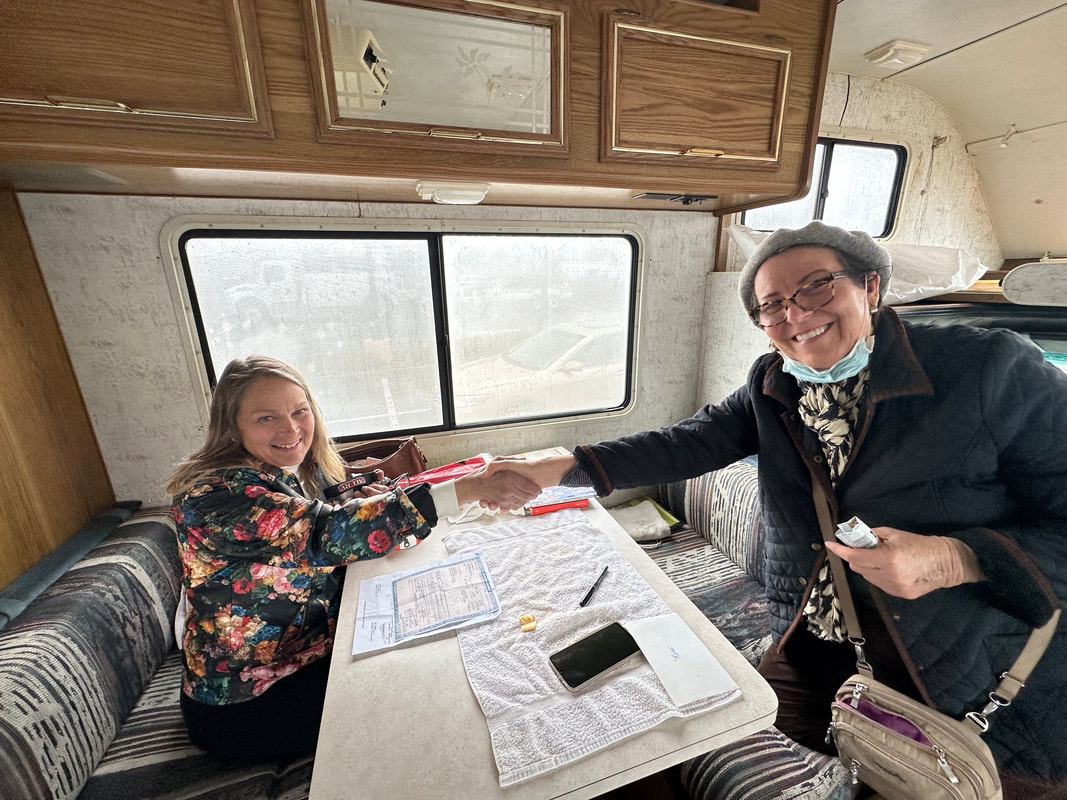
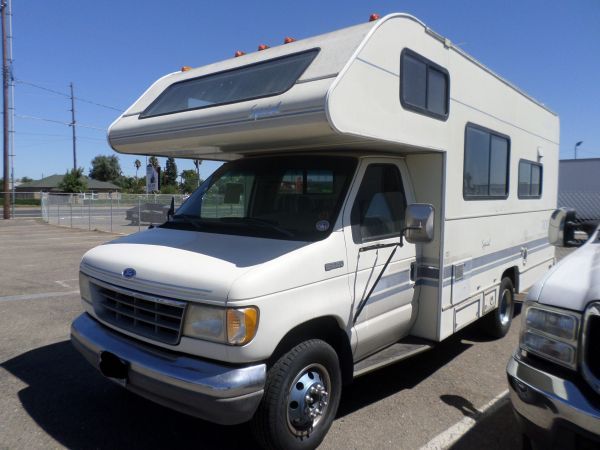
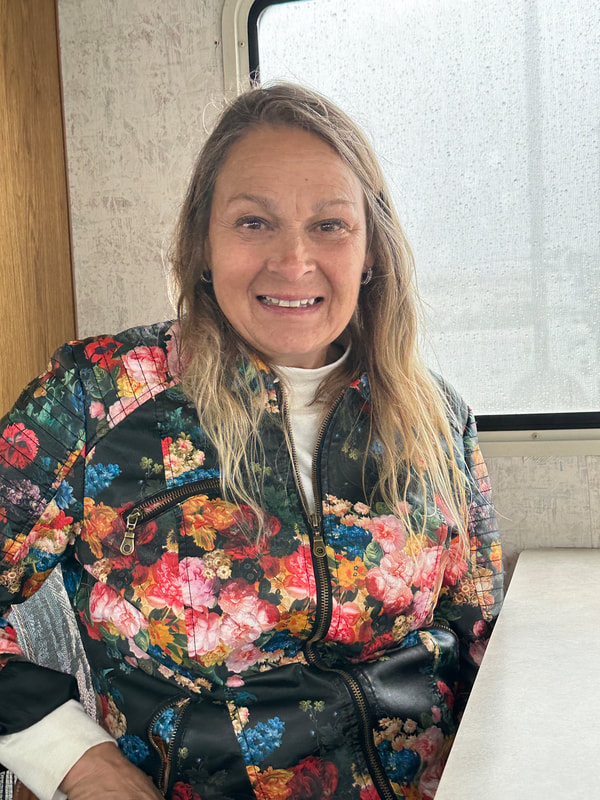
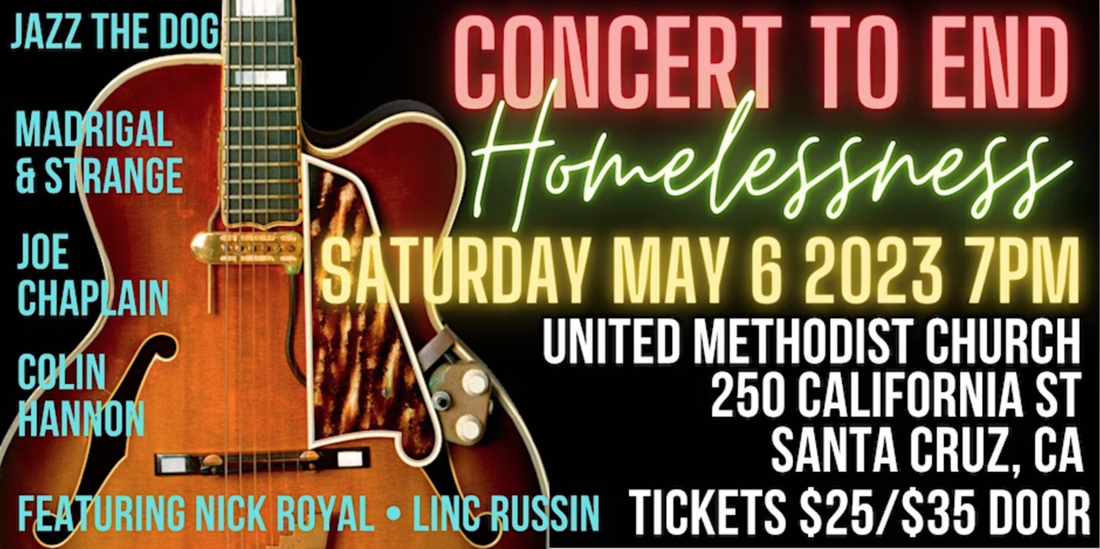
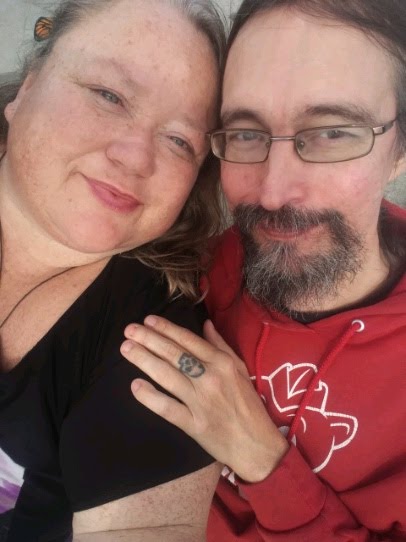
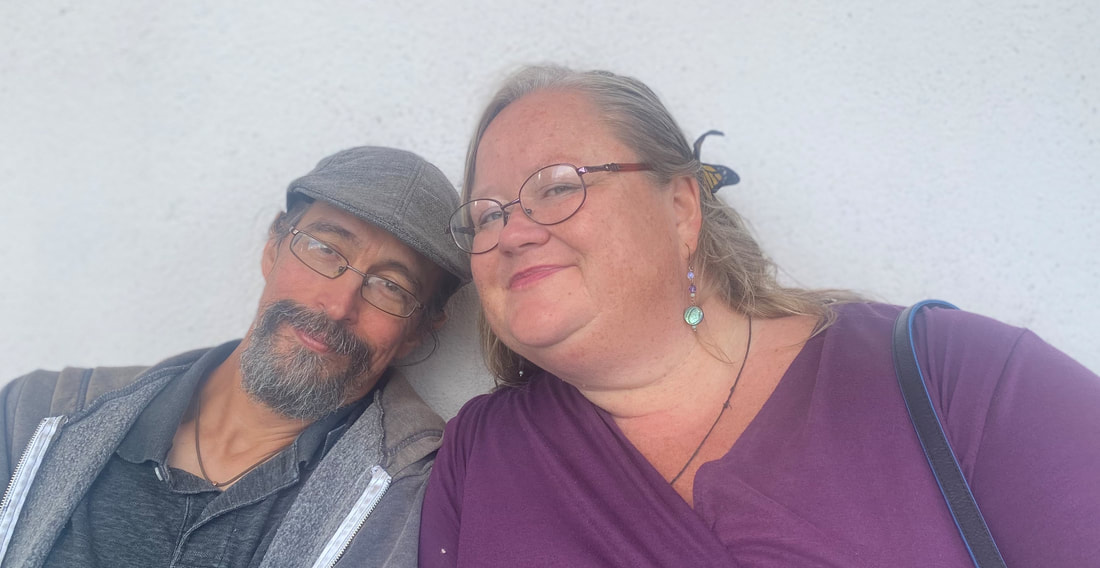
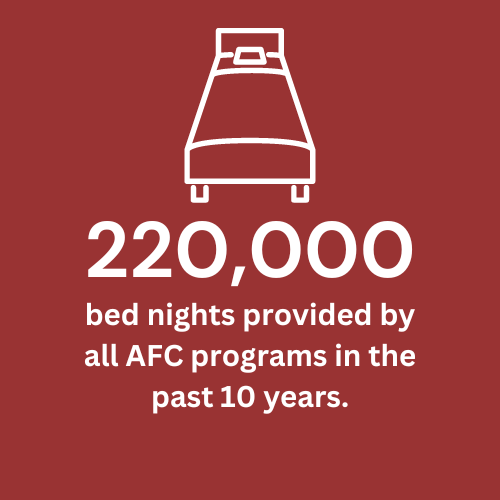
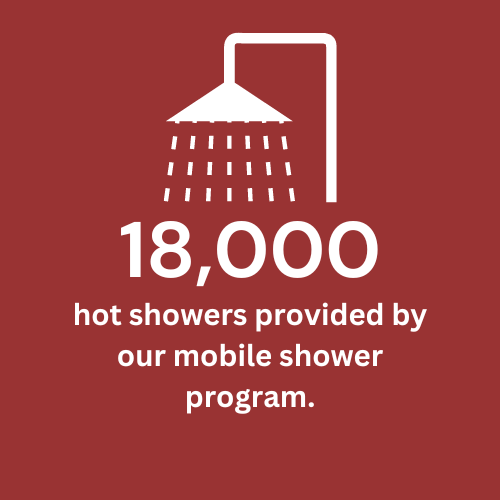
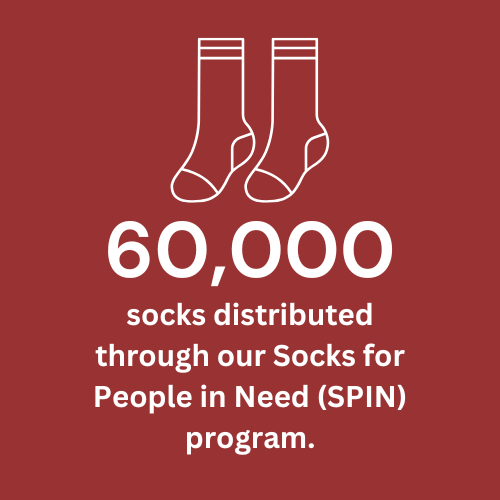
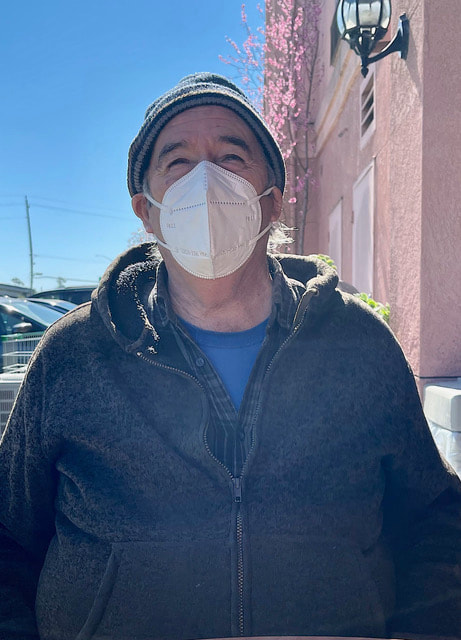
 RSS Feed
RSS Feed